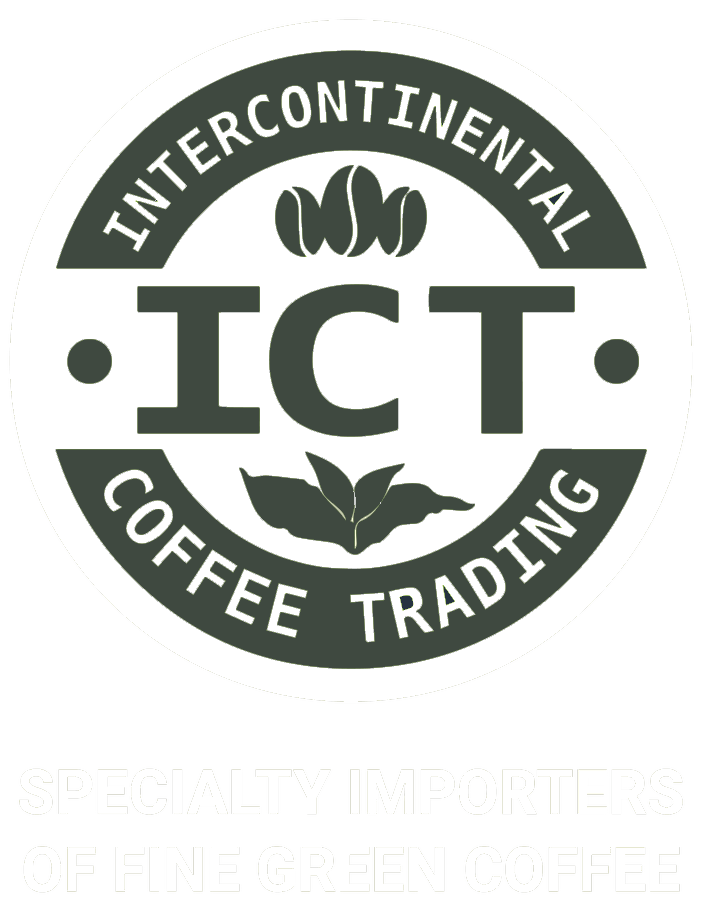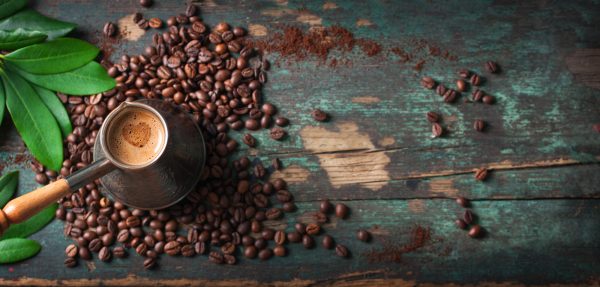Did you know Blue Mountain Jamaican coffee is considered one of the most expensive in the world? Here are 7 surprising facts you must know about the coffee.
Coffee drinkers all over the world love the taste of Blue Mountain Jamaican coffee. It’s smooth and mild with an aroma of sweet florals and nuts.
While it’s one of the most delicious coffees on the market, it’s also typically on the list of most expensive. One 16 oz. bag of Blue Mountain coffee can cost between $50 and $120.
Why does this coffee cost so much? It all has to do with the way the coffee is grown and harvested, which is unique from other brands.
Keep reading below to learn seven surprising facts about Blue Mountain Jamaican coffee.
1. You Can Use the Pour-Over Method for Jamaican Coffee
You can make a delicious cup of Jamaican Blue Mountain coffee using a high-end drip machine or French Press, but coffee experts recommend using the pour-over method.
These coffee beans are so rare they’re often called “the champagne of coffee.” Blue Mountain is one of the most expensive brands of coffee, so it’s not something you want to make in a $10.99 plastic coffee maker.
A “pour-over” is precisely as it sounds. Freshly ground coffee is placed in a filter above a kettle with a gooseneck-shaped spout, and hot water is carefully poured over it. The coffee is brewed as the water seeps through the screen.
For an exceptional cup of coffee, experts recommend using spring water that is between 196-198 degrees Fahrenheit.
You can get the right temperature by using a thermometer or by letting it sit a few minutes after boiling.
Don’t have this set-up? No worries. There are over ten different ways to brew great coffee.
2. Jamaican Blue Mountain Is Certified Internationally
Jamaican Blue Mountain coffee has a special certification from the Coffee Industry Board of Jamaica. This governing body oversees all exports of green coffee and is in charge of managing the trademark.
Coffee dealers and factories processing beans in Jamaica also need to be licensed by this board. As a result, coffee is highly regulated, and the board protects this brand all over the world. Ankara tesisatçı
Anyone looking to buy Blue Mountain should make sure it has a quality certification. Otherwise, they could be getting a knock off.
The industry board provides online links to places where you can buy authentic Jamaican Blue Mountain. They also offer updates on potential scams.
3. Growing Coffee Takes Twice as Long in Jamaica
The first thing to understand is that coffee isn’t native to Jamaica. It was first introduced to the Blue Mountains in 1728.
Growing coffee was likely a struggle back then, but somehow the operation got off the ground, and growers soon realized they had something special on their hands.
Jamaican coffee farmers will grow small coffee trees for about ten months before planting them in the ground. This is about twice as long as it takes in other coffee growing locations.
From that point, it could take up to 5 years to fully produce cherries, and the trees need to be under strict care and supervision during that period.
Not only does Jamaica’s volcanic soil contribute to the coffee’s unique taste, but it also poses some challenges.
As you’re about to learn in the next section, the Blue Mountains are unique as compared to other growing locations.
4. Blue Mountains Are Unique for Growing Coffee
Only coffee grown in a legally defined portion of the Blue Mountains is officially recognized by the industry board.
The Blue Mountain range extends for about 30 miles in the eastern part of Jamaica. The highest elevation is 7,402 feet, and the mountains are thick with trees, providing a ton of shade.
Most of the coffee is grown in an elevation of 2,000 to 3,000 feet. Coffee growers around the mountains benefit from over 200 inches of rain per year.
Many of the bigger producers of coffee — places like Kenya or Ethiopia — grow on flatter terrains.
Jamaica’s hillsides make it challenging to grow coffee. This is why only 14 million pounds of coffee are produced each year.
5. Jamaican Coffee Is Picked and Inspected by Hand
Not many coffee growers can make this claim, but Jamaican Blue Mountain is both picked and inspected by hand.
Growers with decades worth of experience look over each bean to determine quality. The fact that it’s handpicked is another reason it takes so long to produce.
Beans are thrown away if they have a defect or don’t qualify in size, color, shape, or moisture context.
Once they’re dried out, the beans are sorted into four categories according to size: No. 1, No. 2, No. 3, and Peaberry.
The rejected coffees are usually sold in the local markets or consumed by tourists.
6. The Lower Supply of Jamaican Coffee Makes It Valuable
Blue Mountain coffee is highly-rated throughout the world, but there are other reasons it’s so expensive.
We already discussed how there’s lower production of Blue Mountain coffee because it’s picked by hand, and the environment makes it harder to grow.
While Jamaica produces 14 million pounds of coffee per year, other countries like Ethiopia put out 800 million pounds.
Demand is extremely high for Blue Mountain and, as a result, 16 oz. bags are valued between $50 and $120.
Growers in Jamaica are taking their time to offer the best product. They are stressing quality over quantity.
7. Japan Imports the Most Blue Mountain Jamaican Coffee
Here’s a fact you never expected. Japan purchases 80% of Blue Mountain coffee! The two countries have also entered into agreements on high environmental standards.
Japan’s love for this coffee means there’s less of the real stuff in circulation.
The owners of Blue Mountain are concerned about so much of their business being concentrated in one country. Recently, they’ve been attempting to open new markets in China.
Their challenge is to get more markets interested in coffee that is expensive and often hard to get.
Looking for Imported Coffee?
As you’ve probably figured out, Blue Mountain Jamaican coffee is hard to get. But, Intercontinental Coffee Trading is here to help.
We provide exceptional customer support to those searching for the best coffee beans. ICT also respects the bean and farmer. We visit farms all over the world, study different techniques, and help them share products with the world.
Learn more about our Jamaican coffee origins and browse our selections online.

